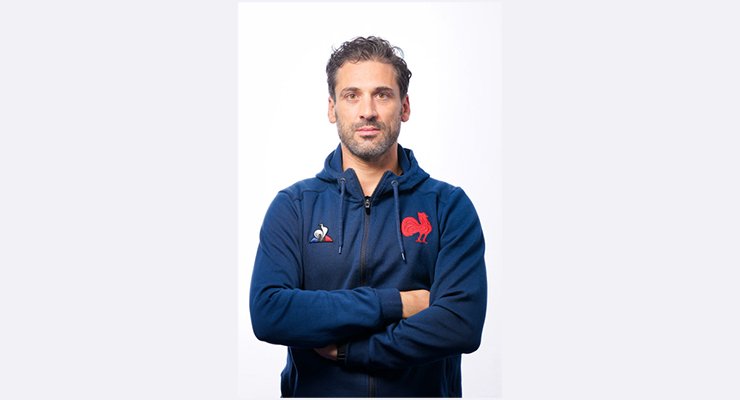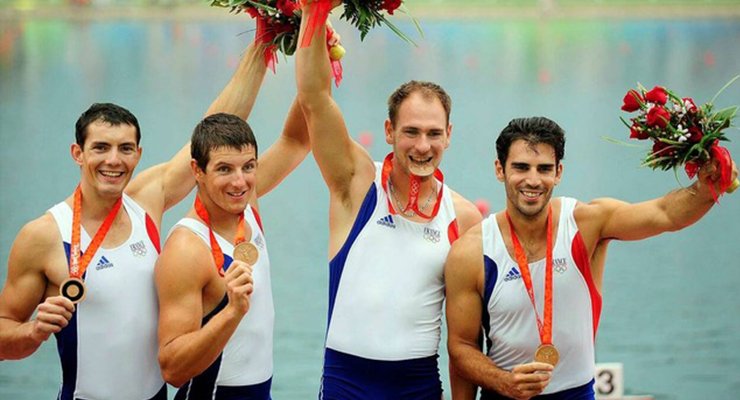TSH, an innovative pedagogy and a pluridisciplinary research
UTC-TSH offers an innovative teaching approach based on the different situations faced by today's engineers. This pedagogy is deployed both in the teaching (including apprenticeships) and in the internships and end-of-study projects.
Human and Social Sciences
The department's project aims to highlight the irreducible intertwining between technology and the socio-economic world, and also between work situations and ethical, societal and political responsibility. The aim is to build, teach and promote:
- knowledge and research paradigms that renew the analysis and understanding of today's engineering situations (design, communication, organisation/management). As an interdisciplinary department, it draws on and combines knowledge from cognitive sciences, from the history of science and technology, from information and communication sciences, economics and management, the social sciences, philosophy, etc.
- approaches and tools for acting in these situations (design of interfaces and interaction devices, management of innovative projects, interculturality, etc.).
In the context of an unprecedented ecological crisis, the place of technology and engineering in our society needs to be rethought. Today's and tomorrow's engineers face at least three new interconnected challenges:
- How can we imagine new technological alternatives and how do they relate to ethical, political, economic, cognitive and organisational issues?
- How can we position ourselves in relation to new socio-technical narratives such as sobriety, frugality, low-tech, sustainability and sustainable development?
- What would be an inclusive and caring format of engineering in relation to other living beings and the planet?
The key role played by the TSH department at UTC can be seen in the following key figures:
Key figures
The primordial position held by the UTC-TSH department can be better undertstood with the following key figures:
- 115 ECTS credits offered;
- 30% of the courses taken by all UTC graduate engineers are TSH CC’s;
- 2 500 students per semester;
- More than 500 graduates from the UTC's MPI (management of innovative projects) programme since 2000;
- 35 researchers in the UTC-Costech research unit;
- 1 UxD master's speciality;
- 5 minors (thematic courses).
The pedagogical offer
TSH aims to train engineers whose technological excellence is enhanced by other skills. Its teaching is structured around three engineering situations: design, communication, organisation & management.
During their studies, students must focus on at least two of these three areas and, for each of these, must combine knowledge of the 'approaches and practices' type with knowledge of the 'knowledge' type.
In each of these situations, it is possible to make choices based on:
- The 5 ("minor") TSH pathways covering: digital cultural technologies; sustainable development; innovation and global corporate relations; philosophy, technology and cognition; controversy, communication and technology.
- The Innovative Project Management cross-disciplinary pathway
- Courses that are part of the "TSH Challenges" approach. Today's engineers face three specific challenges: imagining new alternatives, creating a desirable future, and inclusion/care. A number of the department's courses aim to provide explicit reference points and tools to help students meet these challenges.
Research
The excellence of UTC’s TSH research work is recognized thanks to a specific research unit UTC-Costech (Knowledge, Organization and Technical Systems). Focusing on the relationships between humans, techniques and societies, the Costech laboratory combines ambitious conceptual research with a concern for experimentation and testing in technical, organizational and social realizations.
It is involved in numerous field studies and technological development activities, covering a very broad spectrum of themes: health technologies, digital writing, development of perceptual support systems, digital democracy, computer science and training, management of knowledge and intangibles, ecological transition.
Pedagogical Aid
The Pedagogical Support Unit (CAP) is a support service for teachers and UTC as a whole and is attached to the UTC-TSH Department. It provides:
- Support for the use of techno-pedagogical tools:
- Pedagogical platform
- WebTV platform
- Interactive digital tools
- Pedagogical support approach for teachers:
- Awareness enhanced
- Training
- Coaching
- Support approach for the institution UTC:
- Support for the preservation of the UTC pedagogical model
- Support to the transition from high school to university
- Pedagogical exegesis of UTC strategy (competence approach)
Languages and language skills
The foreign language curriculum offers the possibility to learn the following languages face-to-face: English, German, Mandarin Chinese, Spanish, FLE (French as a foreign language), Italian, Japanese, Portuguese.
The ongoing digital transition and recent pedagogical changes encourage students to pursue language learning with a view to achieving a level of C1 – Mastery in accordance with the CEFR (Common European Framework of Reference for Languages) during their course of study.
1. Language choices to be made as part of an overall project.
2. The need to obtain a B2 level in English through an external test. (TOEIC – with a minimum 785 points in the listening and reading test) or other tests recognized by French HE language skills regulations. This level is a condition for graduation, in accordance with the requirements of the Commission des titres de l'ingénieur.
3. Towards mastery of languages to facilitate international mobility and the possibility of learning 3 or even 4 languages during the engineering course.
University exchanges take place on 5 continents and in 43 countries (140 universities and 17 double degrees): Albania, Argentina, Australia, Austria, Belgium, Brazil, Bulgaria, Canada, Chile, Colombia, Czech Republic, Denmark, Ecuador, Finland, Germany, Greece, Iceland, India, Italy, Japan, Latvia, Lebanon, Mexico, Morocco, the Netherlands, Norway, Poland, Portugal, Romania, Russia, Singapore, South Korea, Spain, Sweden, Switzerland, Taiwan, Tunisia, Turkey, Ukraine, United Kingdom, United States, Venezuela. (This list of countries is constantly evolving).
For foreign students, the FLE (French as a foreign language) course consists of intensive programmes during the inter-semesters and French language courses at 6 levels (A1=>C2) in accordance with the CEFR (Common European Framework of Reference for Languages).



